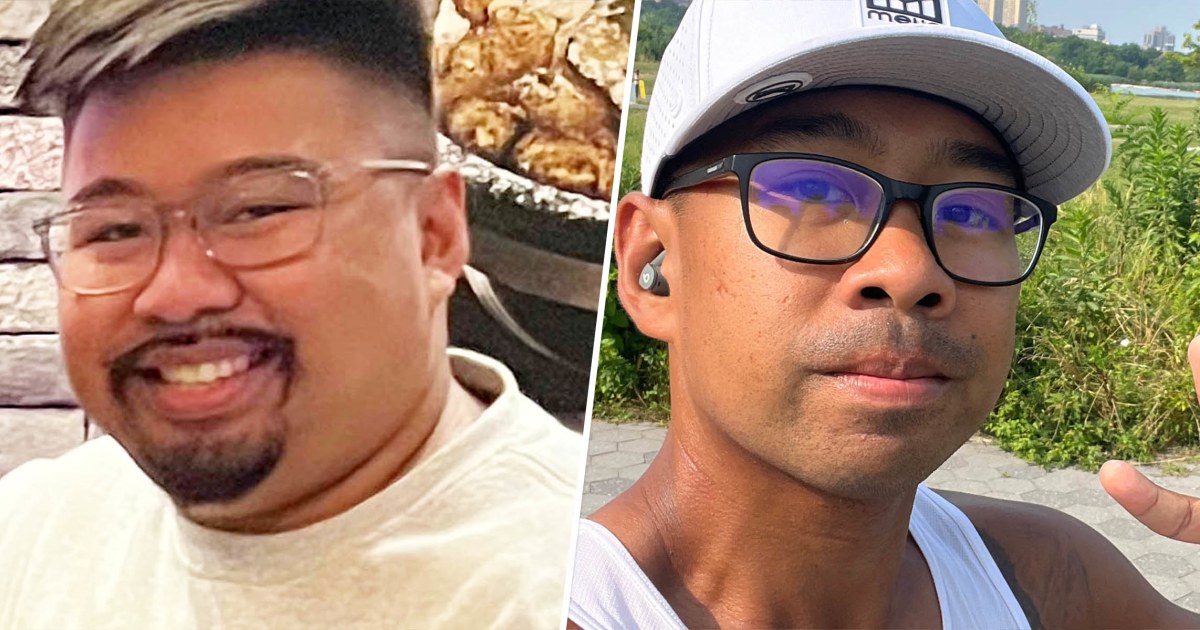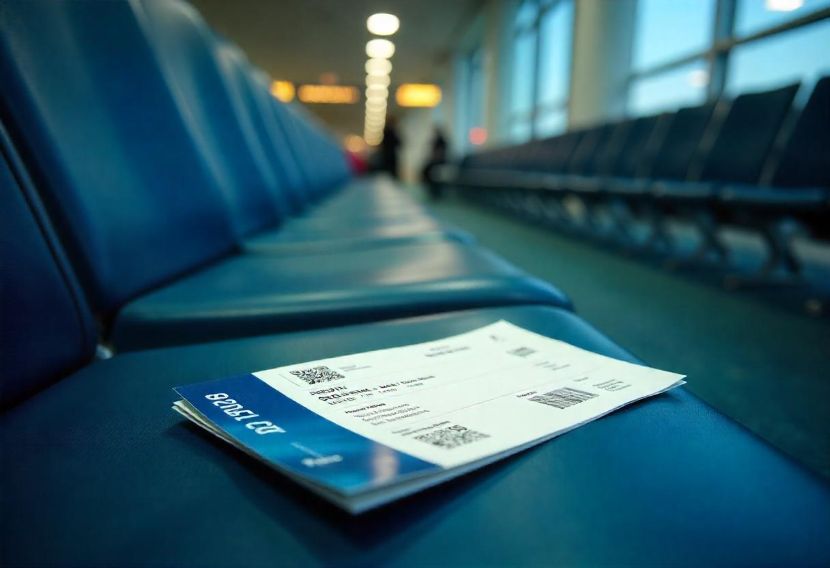Stony Brook Hospital panel seeks ways to prevent childhood drownings
Karen and Brian Cohn’s son, Zachary, was 6 when he got stuck in a pool drain entrapment at their Connecticut home in 2007 and drowned.
The devastated couple had many questions, and answers were few.
"We didn't even know what a pool drain entrapment was, or that it could occur, and we had just bought our first home that had a pool in the backyard, and didn't even know to look for that as a risk…," Karen Cohn said Tuesday.
Eventually the Cohn's learned what a risk it can be when the weather warms up, and backyard pools and the beach become potentially deadly for young children, even if, like Zachary did, they know how to swim.
"So we really felt that it was important for us to educate other families," Karen Cohn said Tuesday at Stony Brook University Hospital, where she took part in a panel discussion on ways to keep children safe from drowning.
The nonprofits, The ZAC Foundation, which the Cohns started after their son's death, and Stop Drowning Now, along with Stony Brook Children’s Hospital, co-hosted the event. Panelists urged improved training for lifeguards at public pools, gave tips on how to stay safe at the pool or beach over the July 4 weekend and discussed a water safety bill in Albany that will soon land on Gov. Kathy Hochul’s desk.
Panelist and state Sen. Monica Martinez (D-Brentwood) said the bill would require school districts "to provide information to parents upon enrollment of a child in the school district about water safety, ... places that provide swimming lessons."
Children ages 1 to 4 are more likely to die from drowning than any other cause, Newsday reported last month, citing statistics from the Centers for Disease Control and Prevention. The summer is the most dangerous time of the year, with 80% of drownings, according to the Newsday story.
Dr. Jacqueline Bober, a panelist who specializes in pediatric emergency medicine at Stony Brook Children’s Hospital, recommended that for the July 4 weekend, there should be an adult assigned to look out for children swimming in a pool.
"If you’re having a barbecue and you do have a pool, I suggest either a lifeguard, and if you can't get a lifeguard, we suggest ‘water watchers’," Bober told Newsday after the discussion. "So it's basically an adult that's not drinking, not on their phone, that watches the pool for anywhere from 10 to 20 minutes at a time, and they are almost like a lifeguard, but they're assigned [to watch] all the children in the pool. Keep counting those kids in the pool. Make sure everyone's afloat."
Bober is collecting data to determine where drownings occur, the reason the person drowned, if CPR was performed, the person’s age and other demographics.
Drowning deaths also disproportionately impact people of color, according to the CDC. The summer months are also the most dangerous, when 80% of drownings occur, according to the Newsday story.
Karen Cohn said that following a few basic rules can save lives:







:max_bytes(150000):strip_icc()/ms-glass-of-iced-tea-with-mint-getty-1d1512f2a96b42d783994a011fd21f49.jpg)

